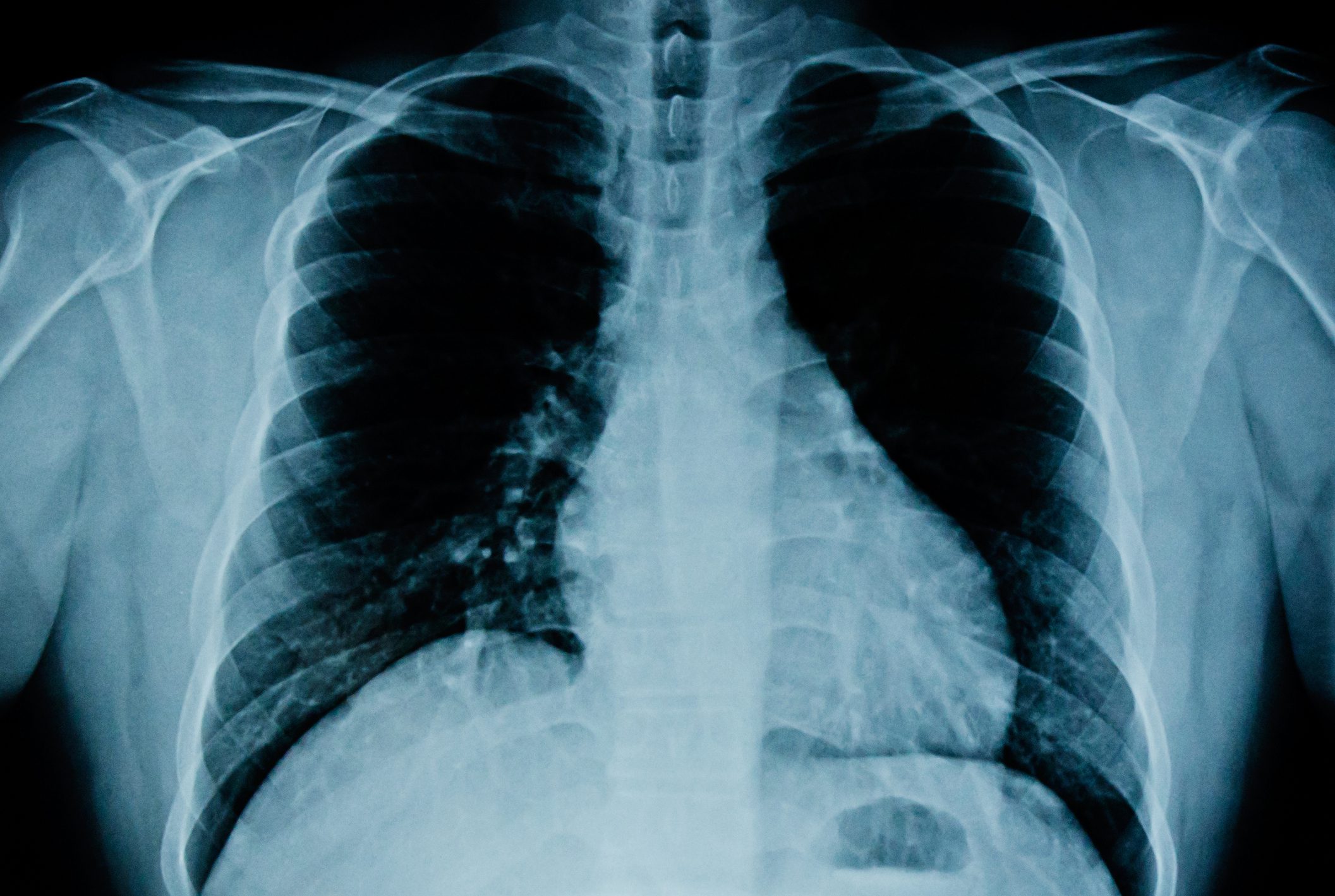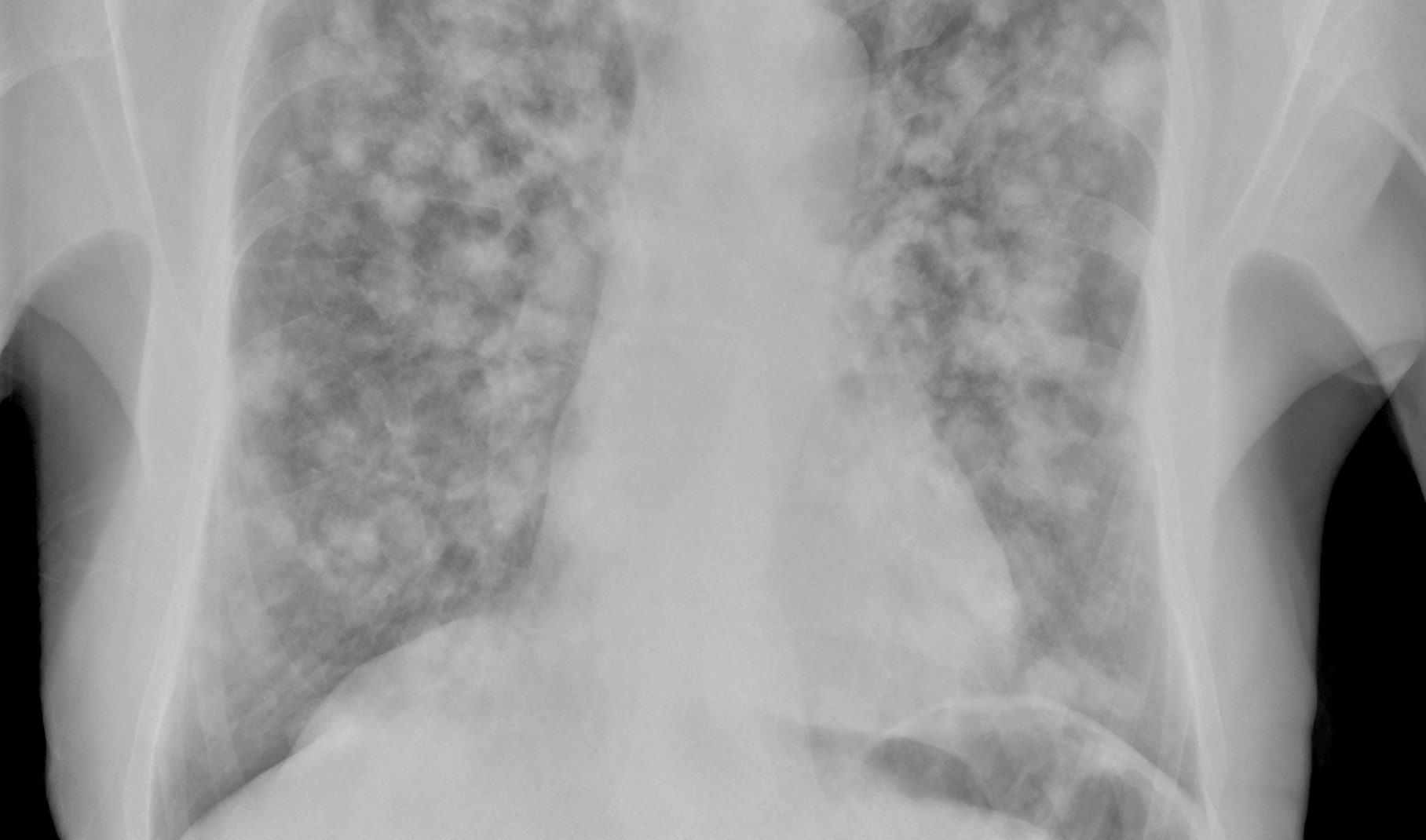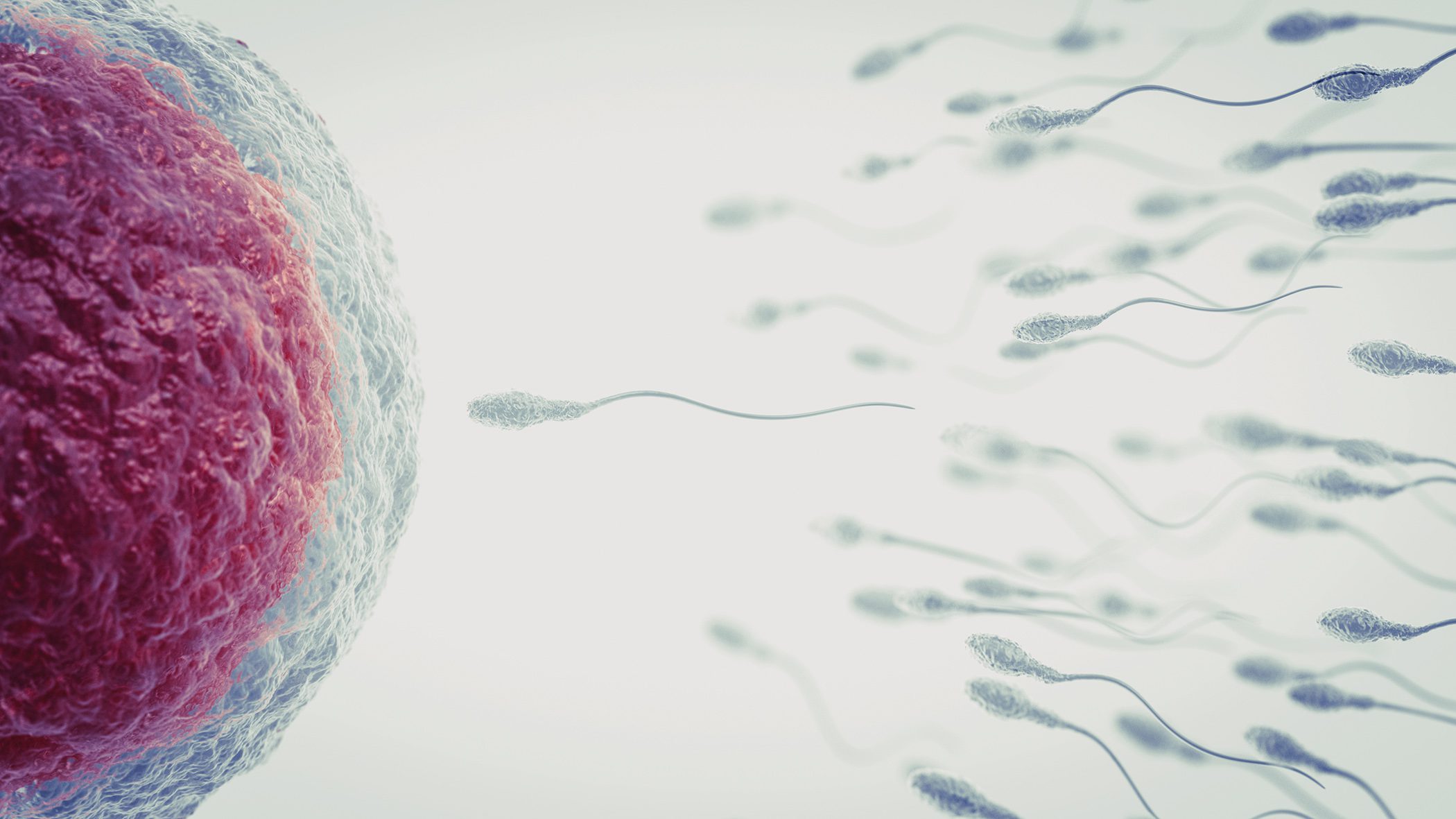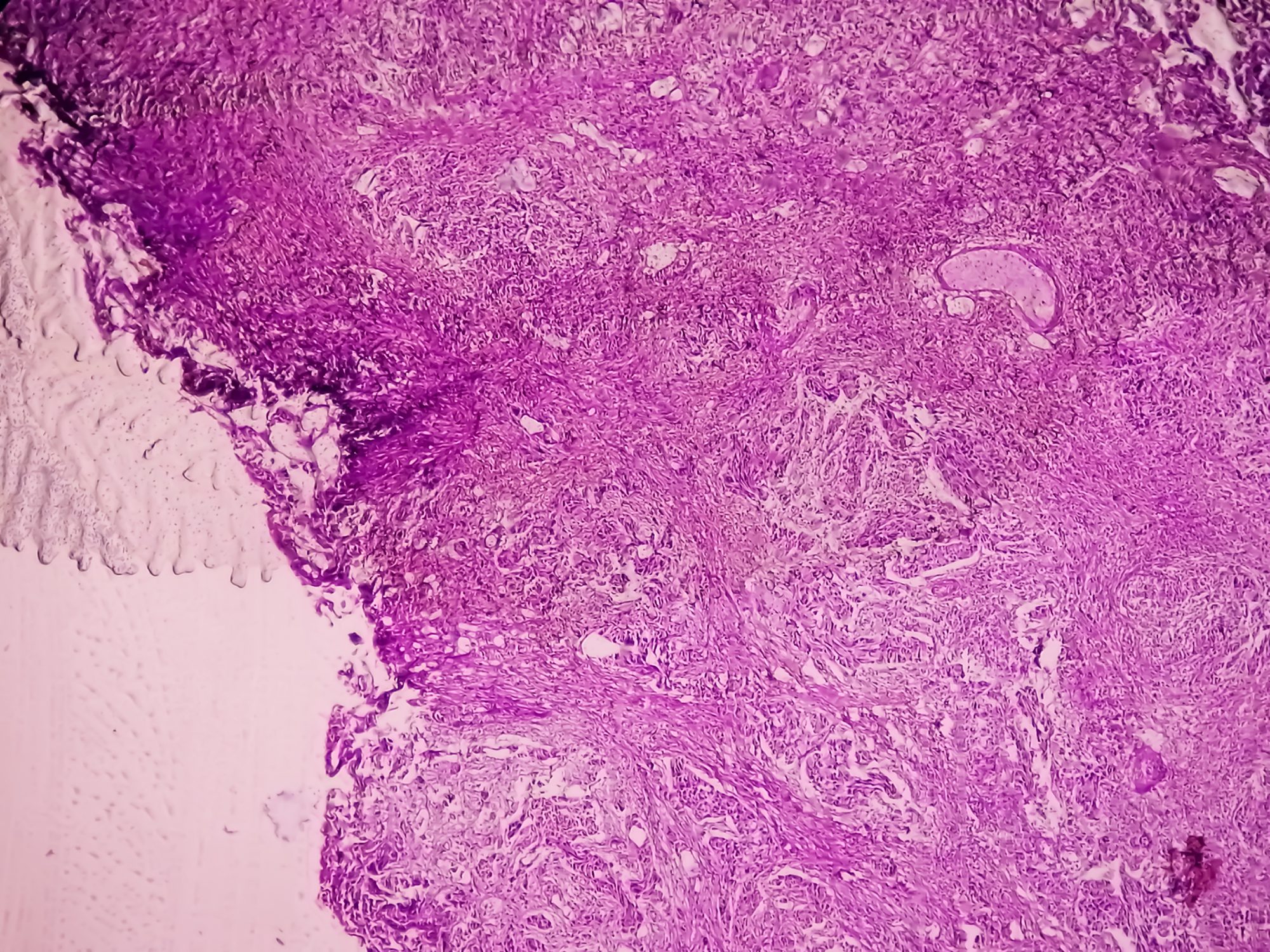Patients with elevated TSH values should be evaluated for possible hypothyroidism, taking into account the respective reference standard value ranges and intra- and interindividual variability. In patients with hypothyroidism requiring treatment, current guidelines advocate the use of levothyroxine as the agent of choice. In clinical trials, the majority did not show superiority of combination therapy of T3 and T4 over L-thyroxine monotherapy.
In people suffering from hypothyroidism, the thyroid gland produces the thyroid hormones triiodothyronine (T3) and thyroxine (T4) in insufficient amounts. This underproduction of thyroid hormones slows down metabolic processes in the body and reduces patients’ performance. A meta-analysis of the prevalence of thyroid dysfunction in Europe (period 1975-2021) found average prevalences of 3.05% (95% CI; 3.01%-3.09%) for hypothyroidism, with confirmed clustered occurrence in women compared with men (5.1% vs. 0.92%). And the proportion of latent vs. manifest hypothyroidism was higher: 4.61% (women)/2.83% (men) vs. 0.48% (women)/0.18% (men) [1].
Hashimoto’s thyroiditis as the most common cause
Despite a comparatively high prevalence of hypothyroidism, evidence shows that general screening for elevated TSH levels in the population is not beneficial. The updated s2k guideline published in 2023 recommends asking patients with elevated TSH for factors that are more likely to suggest hypothyroidism (review 1) [2,3]. The most common cause of hypothyroidism is autoimmune inflammation of the organ (Hashimoto’s thyroiditis) [4]. This can often be detected by elevated levels of thyroglobulin antibodies (TgAK) and/or antibodies against thyroid peroxidase (TPO-AK) [5]. TgAK levels are elevated in 70% of patients with Hashimoto’s thyroiditis and TPO-AK levels in 90% [6].
“Real-world” data on thyroid hormone therapy.
The goal of therapy for patients with elevated TSH is to prevent progression of symptoms and/or sequelae [7]. Levothyroxine (L-thyroxine) is recommended as the standard medication in the European and American guidelines for thyroid hormone replacement in hypothyroidism [16]. Several clinical trials have investigated the advantages and disadvantages of combination therapy of T3 and T4 versus monotherapies, the majority of which found no superiority of T3/T4 combination therapy [2].
The Thesis study collected data on thyroid hormone (TH) therapy with T4 or T4/T3 combinations in hypothyroid and euthyroid patients in different European countries [16]. For this purpose, standardized questionnaires were sent via the national thyroid societies. Data on the German survey were published in 2022 in the journal Experimental and Clinical Endocrinology & Diabetes [8]. 98% of treating physicians reported using T4 as the gold standard in TH therapy, but 45% also prescribed T4/T3 combination therapy. About 26% generally did not prescribe TH in euthyroid patients. The custom of broad T4 prescription is also reflected in a recent survey in Switzerland, which shows that T4 is among the top 3 prescribed drugs in Switzerland [9].
| L-thyroxine is a synthetic thyroid hormone that replaces the missing hormones in people with hypothyroidism. The synthetically produced L-thyroxine is identical to the endogenous thyroid hormone thyroxine (T4) and – like T4 – is converted in the organism into the more effective thyroid hormone triiodothyronine (liothyronine, T3). Because of the various potential interactions, levothyroxine should be taken at a time offset from dietary supplements and other medications. It is practical to take it on an empty stomach, e.g. at least 30 minutes before a meal and before taking other medications. Studies have also shown that taking the drug in the evening before bedtime is a suitable alternative. |
| according to [2] |
Alternatives to T4 monotherapy have been investigated in the past in various European and US studies and, apart from possibly subjective effects (e.g. patient preference for T4/T3 combination), have not shown any clearly objectifiable benefit of the various TH therapies investigated [10–12].
A Danish endocrinology group indicated that T4/T3 combination therapy is associated with unfavorable cardiovascular effects and thus should not be used uncritically [13].
Congress: Practice Update
Literature:
- Garmendia Madariaga A, et al.: The incidence and prevalence of thyroid dysfunction in Europe: a meta-analysis. The Journal of Clinical Endocrinology & Metabolism, 2014. 99(3): 923–931.
- DEGAM Leitlinie S2k: Erhöhter TSH-Wert in der Hausarztpraxis, 2023, AWMF-Register-Nr. 053-046.
- Garber JR, et al.: Clinical Practice Guidelines for Hypothyroidism in Adults: Co-sponsored by American Association of Clinical Endocrinologists and the American Thyroid Association. Endocr Pract 2012: 1–207.
- Fink H, Hintze G: Die Autoimmunthyreoiditis (Hashimoto-Thyreoiditis): aktuelle Diagnostik und Therapie. Medizinische Klinik 2010; 105(7): 485–493.
- Zöphel K, et al.: On specificity of 2nd generation TSH receptor autoantibody measurements. Clin Lab 2008; 54(7-8): 243–249.
- Block B: Innere Medizin – Leitlinien 2007/2008. 2007, Stuttgart: Georg Thieme Verlag. 313–315.
- Beastall GH, et al.: UK Guidelines for the Use of Thyroid Function Tests. The Association for Clinical Biochemistry; British Thyroid Association; British Thyroid Foundation: Great Britain 2006; 24–37,56.
- Vardarli I, et al.: A Questionnaire Survey of German Thyroidologists on the Use of Thyroid Hormones in Hypothyroid and Euthyroid Patients: The THESIS (Treatment of Hypothyroidism in Europe by Specialists: An International Survey) Collaborative. Exp Clin Endocrinol Diabetes 2022; 130(9): 577–586.
- Janett-Pellegri C, et al.: Prevalence and factors associated with chronic use of levothyroxine: A cohort study. PLoS One 2021; 16(12): p. e0261160
- Hegedus L, et al.: Primary hypothyroidism and quality of life. Nat Rev Endocrinol, 2022; 18(4): 230–242.
- Salvatore D, et al.: The relevance of T(3) in the management of hypothyroidism. Lancet Diabetes Endocrinol 2022; 10(5): 366–372.
- Chaker L, et al.: Hypothyroidism. Nat Rev Dis Primers 2022; 8(1): 30.
- Bonnema SJ, et al.: Letter to the Editor From S.J. Bonnema, et al.: «Comparative Effectiveness of Levothyroxine, Desiccated Thyroid Extract, and Levothyroxine + Liothyronine in Hypothyroidism». J Clin Endocrinol Metab 2022; 107(3): e1317–e1318
- Birtwhistle R, et al.: Recommendation on screening adults for asymptomatic thyroid dysfunction in primary care. CMAJ 2019; 191(46): E1274–E1280.
- Garber JR, et al.: Clinical Practice Guidelines for Hypothyroidism in Adults: Co-sponsored by American Association of Clinical Endocrinologists and the American Thyroid Association. Endocr Pract 2012: 1–207.
- Fassnacht M: Schilddrüse. Endokrinologie, Handbuch, Praxis-Update, Berlin, 28./29. April 2023.
HAUSARZT PRAXIS 2023; 18(6): 24–26













